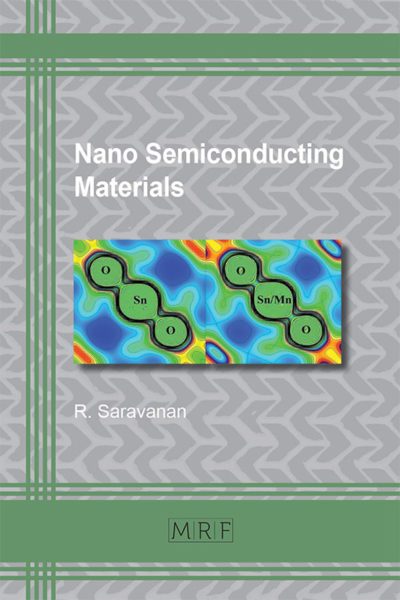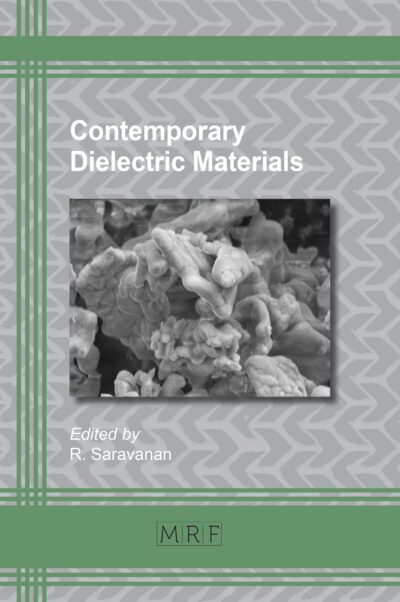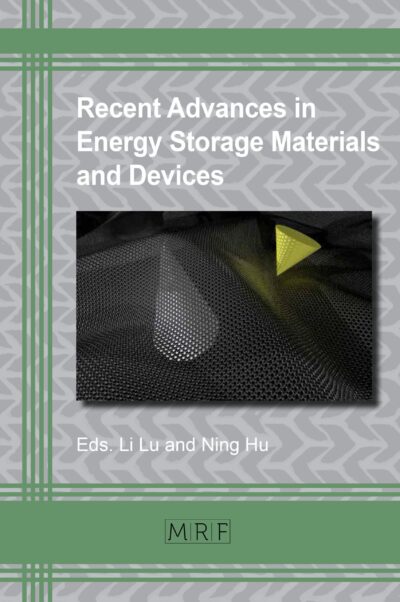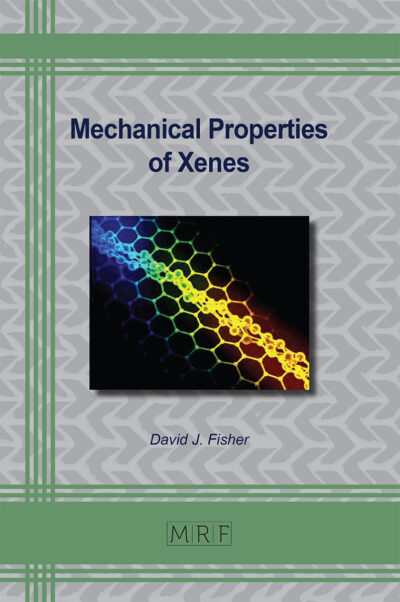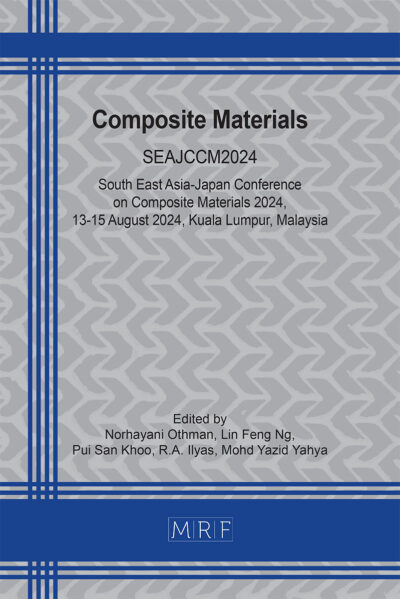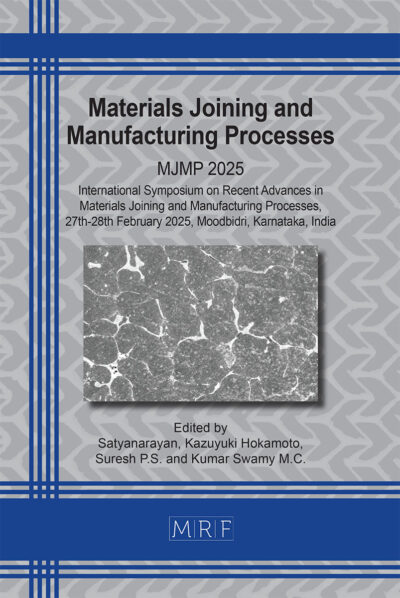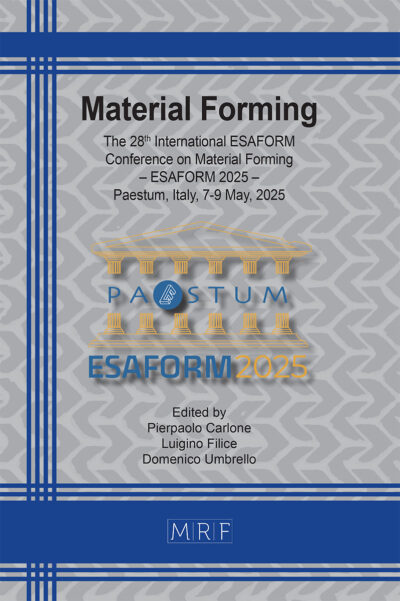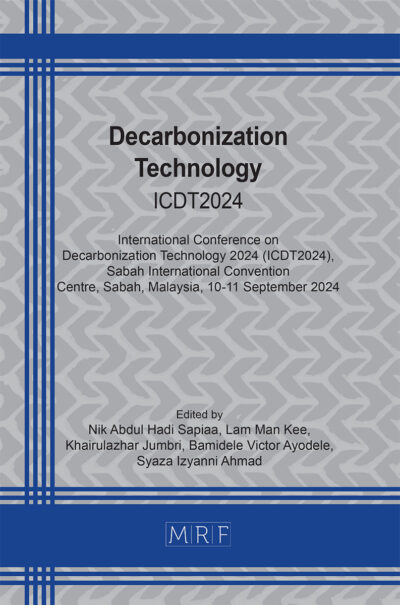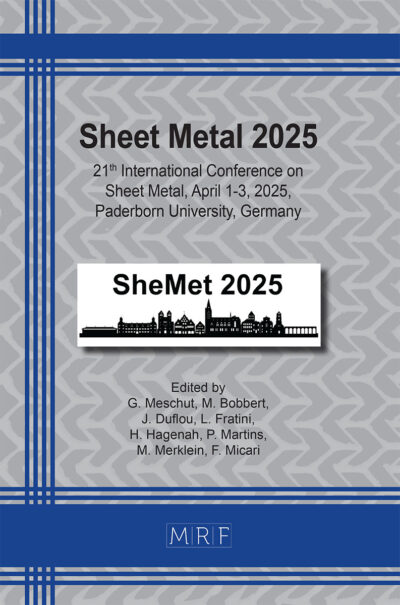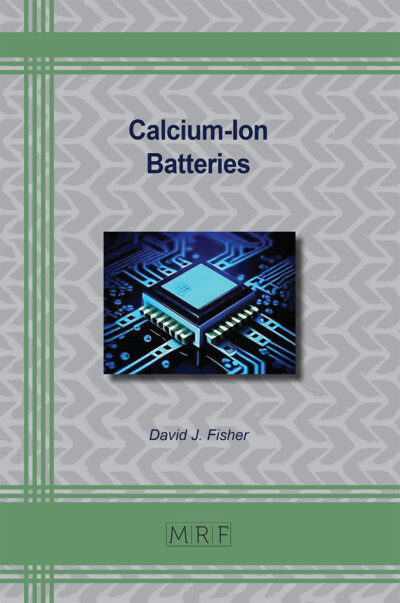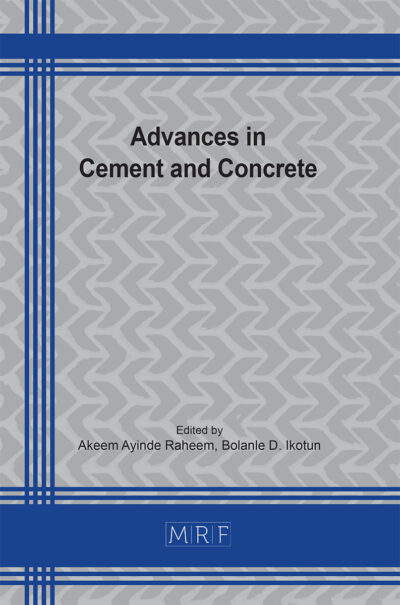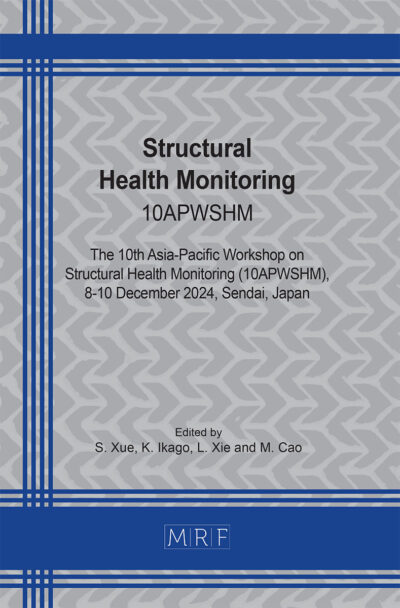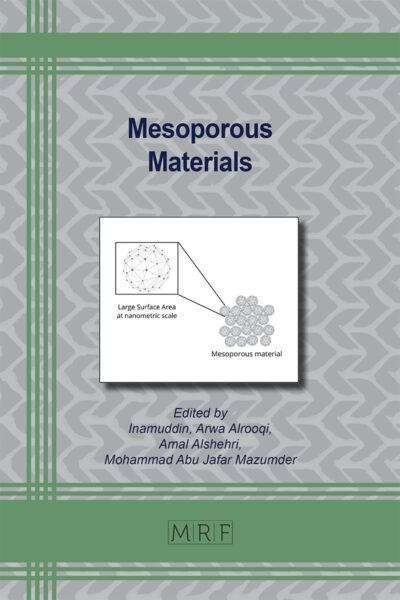Graphene Composite Supercapacitor Electrodes
David J. Fisher
Materials Research Foundations Vol. 124
Publication Date 2022, 158 Pages
Print ISBN 978-1-64490-192-2 (release date June 2022)
ePDF ISBN 978-1-64490-193-9
DOI: 10.21741/9781644901939
Graphene supercapacitors, also called ultracapacitors or electrical double-layer capacitors, have increasingly begun to rival conventional batteries. They allow to manipulate the nanoscale structure of carbon-based supercapacitors and offer the additional advantage of sequestering increasing amounts of carbon from the environment, thus helping to limit global warming. The book focuses on the choice of electrode materials, their properties and methods of fabrication. It references 494 original resources with their direct web links for in-depth reading.
Keywords
Graphene Supercapacitors, Micro-Supercapacitors, Oxides, Sulfides, Selenides, Hydroxides, Phosphates, Nitrides, Fabrication, Printing, Environmental Effects


